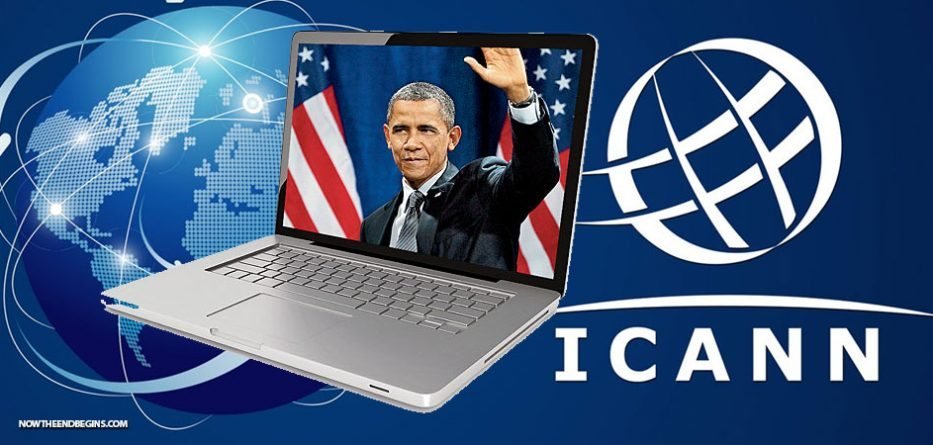
On Wednesday’s “Sean Hannity Show,” FCC Commissioner Ajit Pai (R) stated that the plan to “essentially give up the US oversight role…of the Internet” to ICANN is something that should worry anyone who cherishes “free expression, and free speech rights generally,” and could potentially cede oversight of the Internet to “foreign governments who might not share our values.” He further stated that such a move is “irreversible.”
Pai said, “This proposal is to essentially give up the US oversight role that it’s had for the last 20 years, basically for the entire commercial lifespan of the Internet to a company called ICANN, which is an international organization, which includes a number of foreign countries. And, it’s an unprecedented move, and one that … is irreversible. Once we give up this oversight role, we can’t get it back.”
He added that Internet oversight is a case of, “if it ain’t broke, don’t fix it.” Pai further stated, “[I]f you cherish free expression, and free speech rights generally, you should be worried, I think, when there’s — this oversight role’s going to be ceded to potentially, foreign governments who might not share our values.”
First of all, the Internet should be private property. The Internet, as such, should not be the United States government’s to “give away” or “keep.”
Ayn Rand’s comments on the property status of airwaves apply to the Internet. Rand wrote,
Any material element or resource which, in order to become of use or value to men, requires the application of human knowledge and effort, should be private property – by the right of those who apply the knowledge and effort.
This is particularly true of broadcasting frequencies or waves, because they are produced by human action and do not exist without it. What exists in nature is only the potential and the medium through which those waves must travel. (That medium is not air; in legal discussions it is often referred to by the mythical term of “ether” – to indicate some element in space, at present unidentified.) Without the broadcasting station which generates the waves, that “ether” – on our present level of knowledge — is of no practical use or value to anyone.
Exactly right. Just as airwaves do not belong to the government, neither do the transmissions, thoughts, ideas, entertainment, visual representations or other aspects of the Internet.
Obama’s power grab is offensive on two fronts. One, it concedes that the Internet as a whole — meaning everything done, said, purchased or sold on the Internet — is, ultimately, the property of the government. Unless you’re a Communist or other kind of totalitarian, they are not. Two, his actions imply that the Internet does not belong to the United States government, which historically (and still nominally, at least) protects freedom of speech under the First Amendment; instead, the Internet belongs to an unspecified collection of governments, all of whom are authoritarian if not totalitarian in both theory and practice. Examples include Communist-fascist China, fascist Russia, and totalitarian/terrorist-sponsoring Iran. Get the picture?
It’s not only the obvious examples like China, Russia and Iran. It also applies to countries seemingly more friendly to the United States, such as Germany. Just in the last month alone, Facebook reportedly deleted 100,000 posts that the German government found offensive (to Islam), and Facebook happily complied. How will Facebook and other Internet companies respond when governments like Germany, Russia, Iran and China demand compliance with their standards?
One day, when historians write about the declining years of the American republic, I expect their commentary will include observations on how most Americans fiddled with their cell phones and computers while individual rights finally went down the drain. To paraphrase the old adage, “As Rome burned,” the phrase applicable to the twenty-first century might be, “As America’s freedoms eventually died out, people played on their computers and yawned at the reality going on around them.” Of course, all of the playing on computers in which Americans currently engage presupposes a freedom of commerce and thought not permitted in most other countries. These countries will now have influence if not control over everything we do while online.
Awake yet, America? I doubt it. But you will be, soon enough. Unfortunately, liberty and First Amendment rights are a lot easier to maintain than to win back once they’re gone.
Follow Dr. Hurd on Facebook. Search under “Michael Hurd” (Rehoboth Beach DE). Get up-to-the-minute postings, recommended articles and links, and engage in back-and-forth discussion with Dr. Hurd on topics of interest. Also follow Dr. Hurd on Twitter at @MichaelJHurd1
